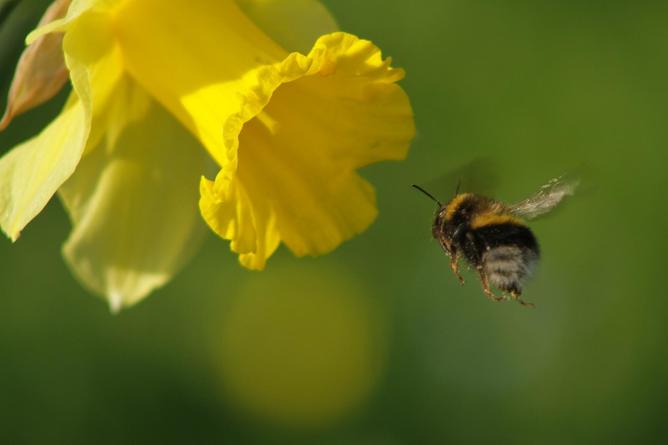Despite the findings of Vermont’s Agricultural Innovation Board (AIB) and the agreement of Vermont’s Agency of Agriculture, Food and Markets that there is no basis for a ban on neonicotinoids, House Bill H706 was recently passed by the Vermont Senate, which aims to ban these safe pesticides. Experts believe that this “pollinator protection bill” would do more harm than good. Politicization of science seems to be at play as Vermont Democrats claim that corn poses a threat to bees, despite scientific evidence indicating otherwise.
Scientists, farmers, and regulatory agencies are united in their belief that a ban on neonicotinoids would have detrimental effects and no actual benefits. These pesticides were designed to be safer for plants, animals, and the environment. Bees themselves seem to support this view, with reports showing increases in beehives in Vermont where neonicotinoids are used.
It is important for Governor Scott to consider the facts and potential consequences before taking action on this matter. Bees are facing challenges from various sources like varroa mites, not from neonicotinoids. Denying scientific evidence is not the type of leadership that Governor Scott should support. Instead of banning safe pesticides like neonicotinoids, it would be more beneficial to focus on researching alternative methods for protecting crops while still being environmentally friendly.
Vermont prides itself on being a leader in issues such as GMO labeling; therefore, it is crucial to make informed decisions based on scientific evidence rather than political ideologies or emotional appeals. The state should continue working towards finding sustainable solutions that benefit both farmers and the environment without causing harm to pollinators or other wildlife species.


